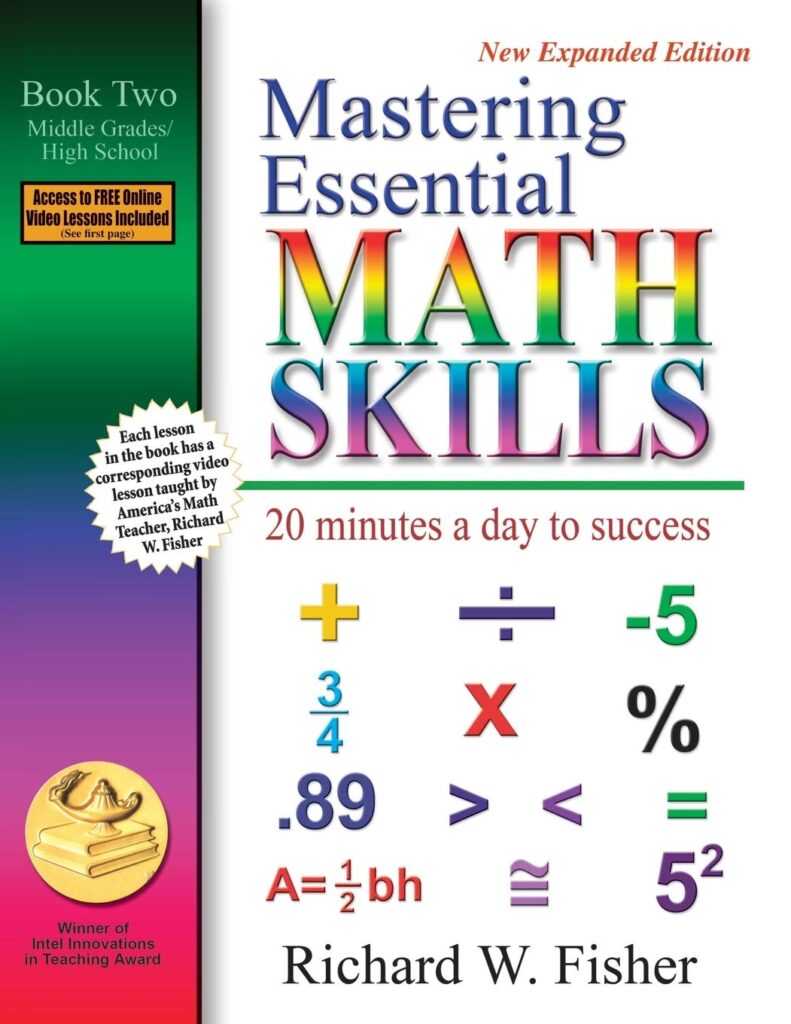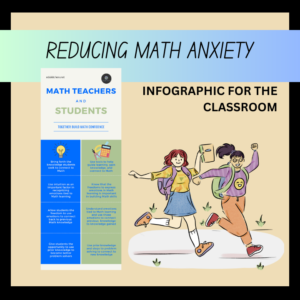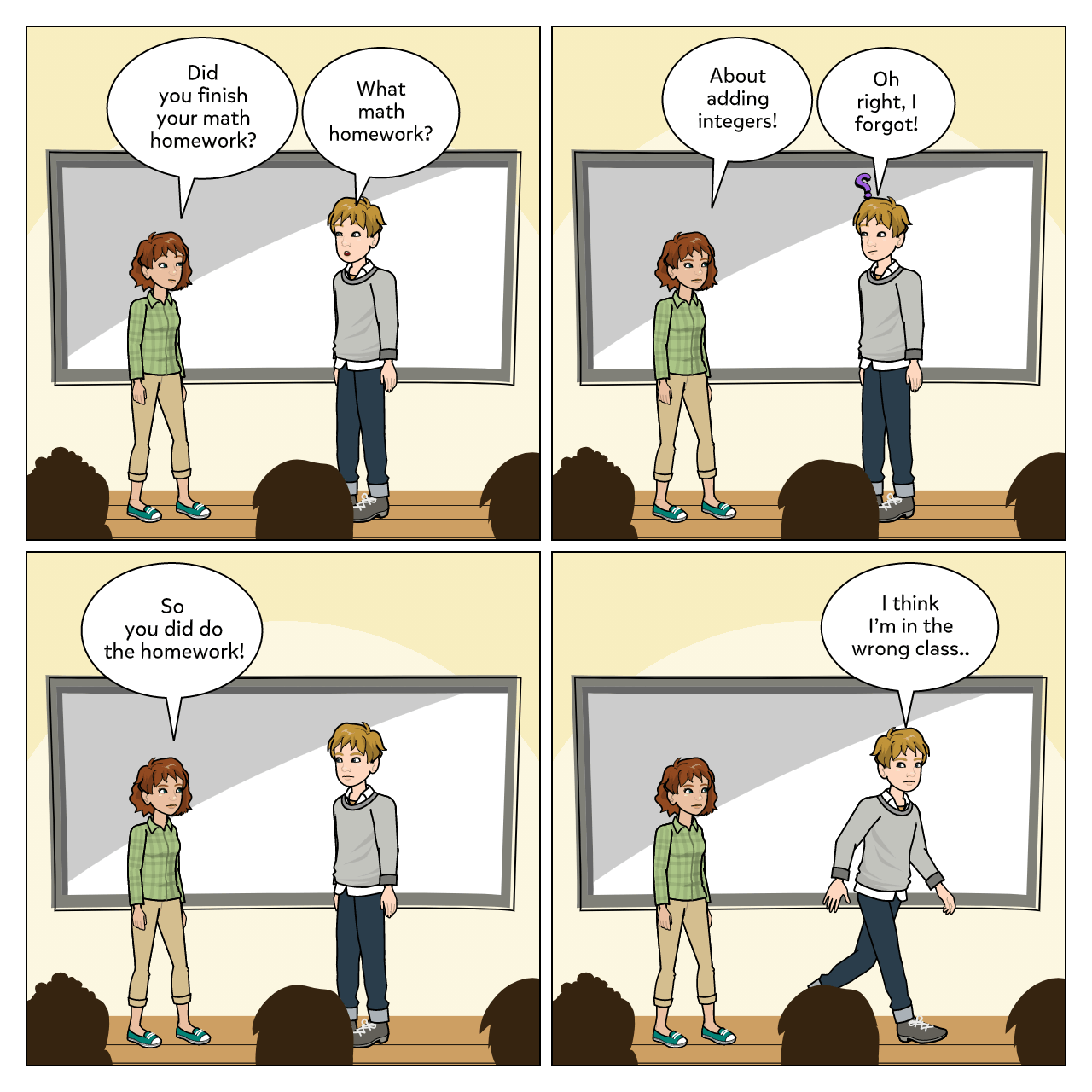Math is often labeled as one of the most challenging subjects for children, leaving many students feeling frustrated or overwhelmed. While some kids naturally excel in numbers, others struggle to grasp mathematical concepts, leading to anxiety and a lack of confidence.
In this article we’ll explore why math can be really hard for children. And an important question should be: how can parents help support math learning at home?

The answer lies in a combination of factors, from the abstract nature of math to gaps in foundational skills and even the pressure to perform. By understanding these challenges, parents and educators can find ways to make math more accessible, enjoyable, and less intimidating. In this article, we’ll explore the reasons behind math difficulties and how to help children overcome them, building both their skills and their confidence.
For some students the emotions connected to math are negative and there must be some underlying factors as to why most students see math in a negative way.
Math Workbooks to Help Master Essential Math Skills
An effective tool for boosting confidence is having students work to master essential math skills. Consider having children use exercises from math workbooks for practicing basic skills for just 20 minutes a day! Click on the link or image below to access this popular math workbook by Richard. W. Fisher.

Mastering Essential Math Skills: 20 Minutes a Day to Success, Book 2: Middle Grades/High School
What are some factors that impact on children learning math?
The two factors are;
- Math Teachers’ Influence On Students
- Student Expectations of Math Teachers
We offer ways homeschooling parents and their children can work together to make learning math in any classroom easier.

Sign up below to get your copy of this infographic that shows how to approach learning math in the classroom.
Click to view this and other selections of digital products
Allowing Emotions In Math
This blog contains affiliate links to highlighted websites and/or resources. By clicking on the link and making a purchase we may earn a small commission at no extra cost to you. Click here for full disclosure.

Click here to view and choose from among their wide variety of journal types.
Why Do Some Students Really Hate Math?
Students who do not find any enjoyment in learning math will make their lack of enthusiasm know to all.
They will either make excuses to avoid answering questions, or will sit quietly and not answer any questions out of fear.
Students may be afraid to answer because they fear their answers are wrong, which shows the teacher and the rest of the class that they did not understand the question.
Teachers should not dismiss these students who seem to convey that they hate math, but instead have the students come to see in their own time that it’s more to do with their emotions and fears that brings on the hate.

Two Reasons Why Math Hard is for Some Children
EduKitchen posed the question to teachers as to why some students may find math really hard. The answers focused on two main categories; teacher influence and student expectations.

Read on and then let us know whether you agree or disagree with what teachers had to say in the comment section below.
I. Math Teachers’ Influence On Students
Research in education often debates as to how much influence a teacher has on a subject.
Does the teacher’s style of teaching Math make the student love or hate the subject?
Does the student’s interest in the subject drive their passion for learning or avoiding the subject altogether?

Teachers, homeschooling parents, and tutors of math do feel that a teacher’s style of teaching does impact on a students interest in the subject.
If the teacher is unsure, or uncaring as to how to interact with students, and instead focused on just presenting information, students may feel that the learning is a square on their shoulders and that they won’t get the connections to learning they are seeking.
Click here to see how teachers can make learning online more engaging for students.
II. Student Expectations of Math Teachers
Teachers may often try their best to encourage learning and critical thinking through problem solving, and yet students sometimes still feel that what they are learning in math is a waste of time and will no way influence what they want to do in life.
Students of the Internet generation find that answers are ready available through apps like Google Assistant, Siri, or Alexa.

Students who are frustrated may simply ask why such popular apps can’t simply do the work for them.
Those who are afraid of answering because they either do not understand, or are afraid to make a mistake will often refuse to answer the teacher, and avoid participating altogether.
Students need to understand that by having such attitudes that they end up missing an opportunity to better their understanding and gain knowledge that they may share with others one day in the future.
To make learning math easier we need the right mix of teacher influence and student expectation.
How Should Teachers Respond to “Is Math Really That Hard?”
As teachers it is our responsibility that we come prepared with the knowledge to present the information to students accurately and with enthusiasm.
Students are much more perceptive than teachers would like to believe, and so they can see right through a teacher that is unprepared or uncaring.
Teachers need to rely on their intuition in recognizing student’s emotions in relation to answering questions.

When faced with these situations in class, it is important that teachers recognize the reasons behind students’ behavior when they don’t enjoy math.
They should help students see the overall benefit when learning topics in math.
These benefits are that it helps us to become better problem solvers in life, while providing us with an opportunity to gain academic knowledge, and who wouldn’t see the benefit to both!
How Should Students Respond to “Is Math Really That Hard?”
Students should come to expect that teachers are presenting them with knowledge.
They should understand that even though what they may be learning in math may have no real bearing on their future careers, it is still an opportunity not to be wasted when it comes to learning.
It will be a means to make them a better problem solver in the future, which will undoubtably have a huge bearing on their future life!

Students also need to be able to ask and answer questions related to math in a way that helps them they recognize that what they share may be helping other students learn.
The more comfortable students become with sharing information, the more enjoyable the lessons become and so what may seem hard becomes easy to understand.
“Is Math Hard?” Video
Watch our video to see that HOW we learn the subject, teacher intuition, and emotions can have an important role to play in getting students help with improving their math learning goals.
The Answer to the Idea: Why Math Can Be Really Hard for Children
Both teachers and students need to work together and come to understand what one expects from the other.
In doing so the answer to the question “Is Math really that hard?” becomes, not if you don’t want it to be!
After all, only if you want to, will you really learn.
Related Topics
Check out our other articles related to math teaching and learning.
- Math Rubrics for the Homeschool Classroom
- Teaching Math as a Language to Children
- 5 Ways to Support Children Struggling with Math Anxiety
- Tips to Problem Solving in Math for Homeschool Learning
- 5 Ways to Improve Math Skills in Children
Join Us Today!

Final Thoughts…
Learning any subject is tied to many factors besides the knowledge that it presents.
Teachers must have the necessary knowledge in the math lessons they present, but more importantly they must focus on how they present the material.
Building trust between teachers and students when it comes to sharing knowledge is one way to remove fear and negative emotions we tend to associate with lessons we don’t understand.
Share Your Thoughts
Leave us a comment below and share your thoughts on this article and whether you agree with what we had to say about Math not really being that hard.



